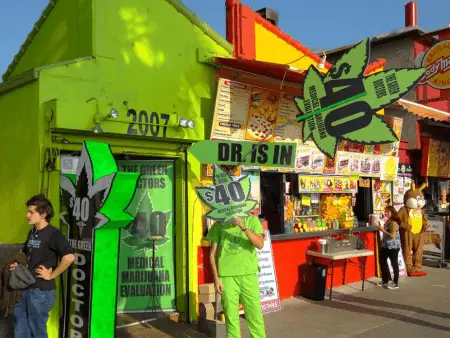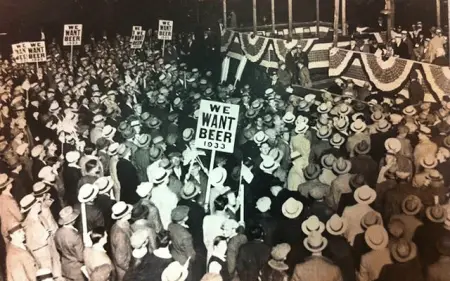It’s common for people to think decriminalization and legalization mean the same thing. However, these words are not interchangeable. Defining these legal terms will help the non-legal folks be more aware how different these important words are.
Summary Table
| Decriminalization | Legalization |
| The decriminalized act still illegal | When an illegal act is made legal |
| Offenders are fined or required to carry a special permit | Legalized activity may be regulated or taxed for the government’s benefit |
| Reduced punishment | Absence of punishment |
Definitions

Decriminalization refers to the lessening of a punishment for an unlawful act. Although the act is no longer viewed as a criminal offense, it may still be treated as a civil infraction. In most jurisdictions, a decriminalized act is still illegal. The punishment is replaced by minor penalties such as fines or regulated permits, however.
There are instances when people change their views on certain issues, and this is apparent in decriminalization. It is not uncommon for a once immoral and harmful act to acceptable and deemed as something that should no longer be dealt with by the criminal justice system.
Cannabis, (or marijuana) use has been decriminalized in several states in the U.S. In these jurisdictions, penalties range from drug treatment to fines or confiscation. Other issues that have been subject to a changed views on criminality include euthanasia, polygamy, steroid use among athletes, homosexuality, and age of consent.
Although decriminalized activities are no longer treated as crimes under state and local jurisdictions, committing such acts may still be penalized by federal courts. Engaging in decriminalized activities are subject to lesser penalties such as monetary fines or special permits. For example, in Portugal, an individual caught with marijuana in multiple occasions can still be apprehended or sent to mandatory rehab. Decriminalization is also seen by some as a precursor to legalization.

An act once regarded as illegal can be made lawful by way of legalization. This is when legal charges are removed from what proponents of legalization see as victimless crimes. Examples of include consumption of recreational drugs and alcoholic beverages, prostitution, and gun ownership. It has to be remembered, though, that while legalized activities are no longer illegal, some form of regulatory control may be in place instead.
Washington and Colorado were the first to legalize the use, possession, and distribution of cannabis in 2012. However, state governments are required to regulate many activities involving it. In Washington, sellers, producers, and distributors are required to secure licenses. Also, licensed growers may not cultivate cannabis in their own homes unless it is intended for medical purposes. In some countries such as the Netherlands and Germany, prostitution has been legalized, whereas in the Philippines and the majority of Muslim countries, it is still illegal.
Decriminalization vs Legalization
So what’s the difference between decriminalization and legalization? Decriminalization is the legal process of reducing the severity of a penalty against an unlawful act. While still illegal, individuals caught engaging in decriminalized activities are penalized with monetary fines or are required to secure a special permit. Legalization, on the other hand, is when criminal punishment is removed from the legalized act. Committing a decriminalized act will still merit a penalty, whereas a committing a legalized act will not result in any punishment whatsoever. Legalized activities are often regulated by the government, however.
Video
Here’s a YouTube video talking about the decriminalization and legalization of a widely debated issue.





